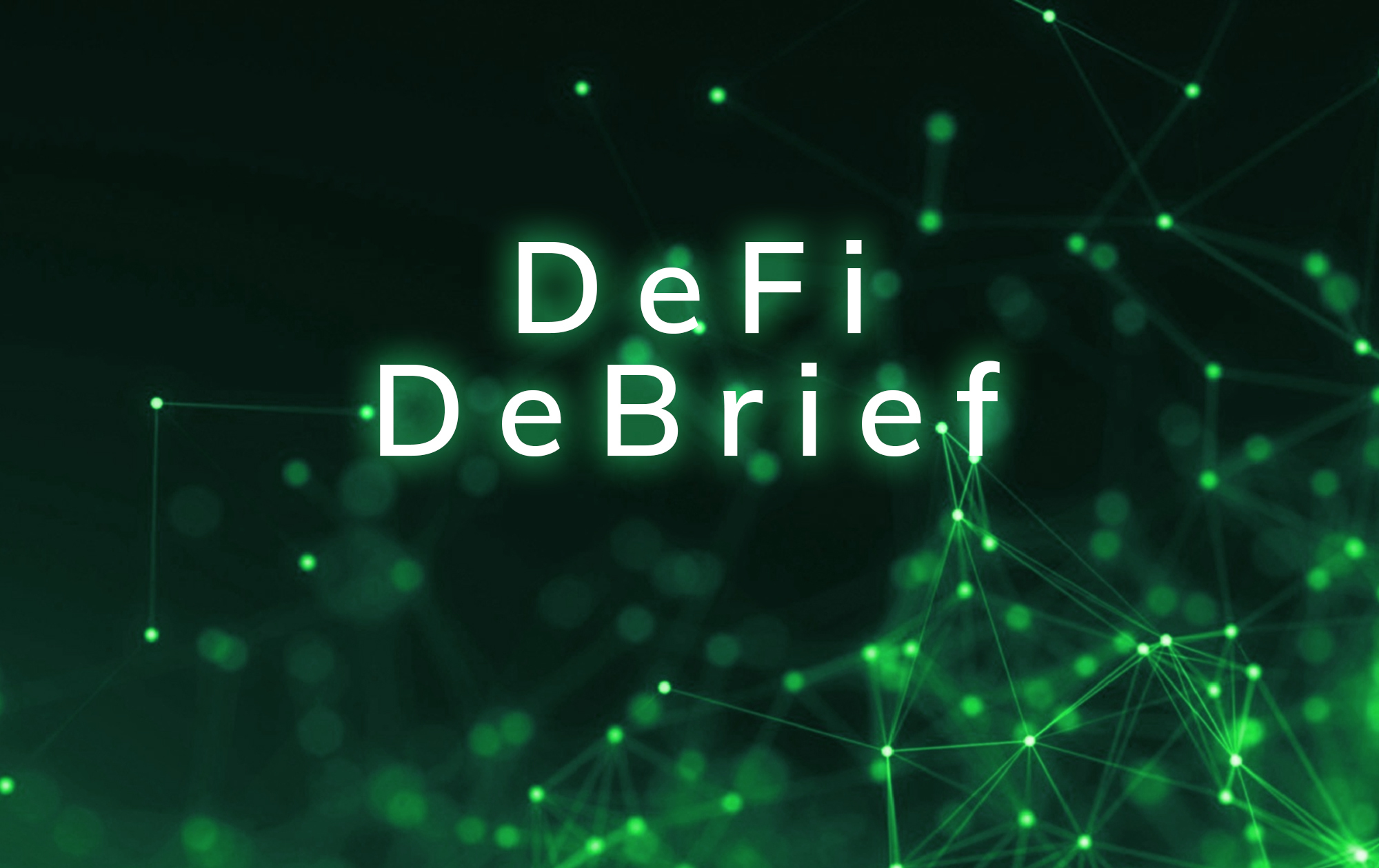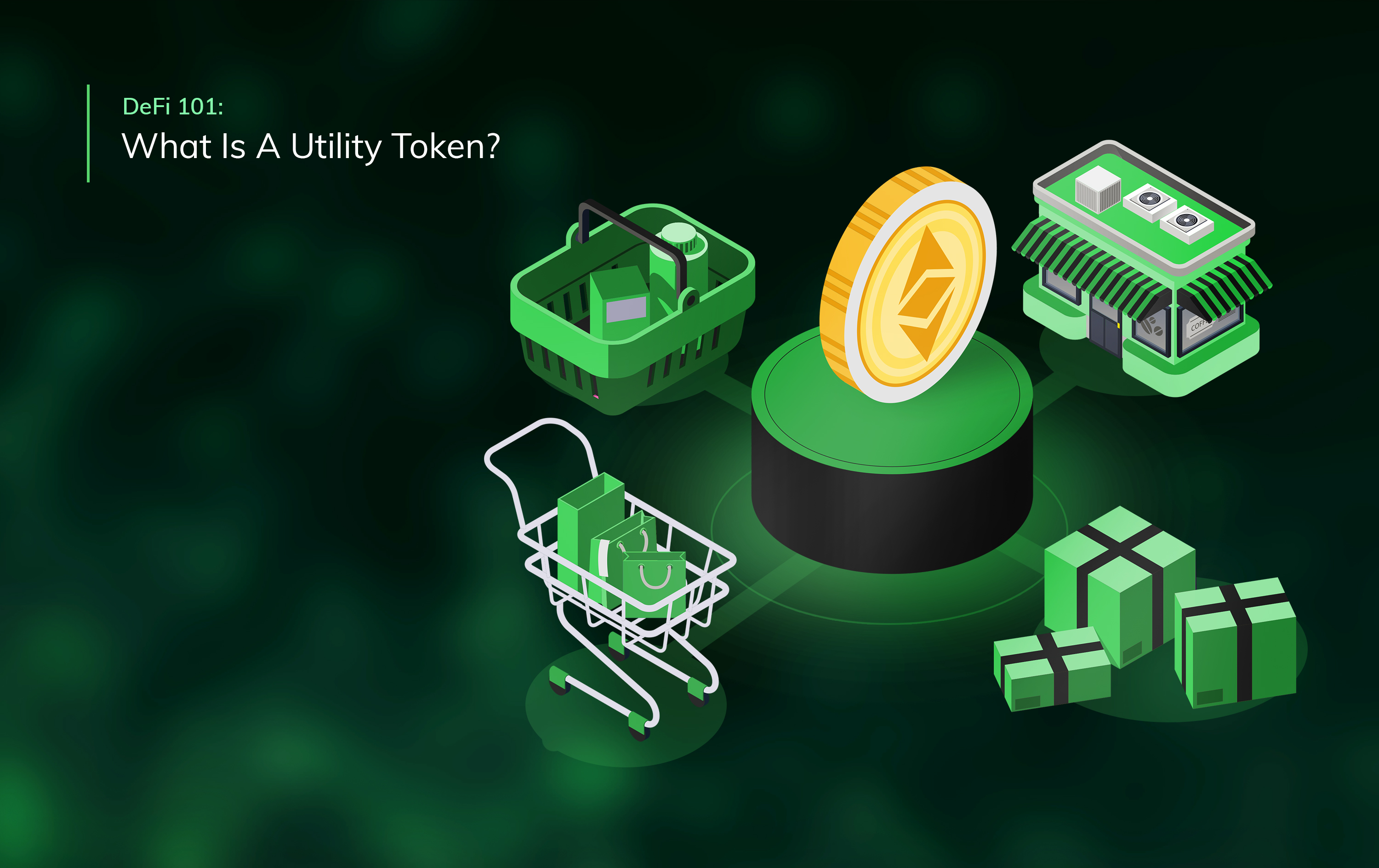DeFi 101: What Is A Smart Contract?
Smart contracts are self-executing computer programs that automatically enforce an agreement. They are considered one of the most innovative blockchain developments, potentially revolutionising finance, real estate, supply chain management, and more.
— —
A smart contract is a computer program that sits on the blockchain.
It contains a set of rules and conditions that execute automatically when certain predefined events occur.
You could use a smart contract to automate the transfer of funds from your account to a friend’s or to enforce the terms of a rental agreement between a landlord and a tenant. Their uses vary widely, but what makes them so revolutionary?
Let’s take a look.
Top three benefits of smart contracts
Inherently secure
One of the key benefits of smart contracts is that they’re secure. They’re stored on the blockchain, making them tamper-resistant.
Moreover, the contractual terms are publicly visible, making them ideal for industries where trust and transparency are essential, including finance, real estate, even supply chain management.
Immediate execution
Another key advantage of smart contracts is that they’re fast. They work automatically, meaning they execute as soon as conditions are met, and that’s a vast improvement on traditional contracts.
It means you can use them to streamline processes and eliminate intermediaries, helping you save time, reduce costs, and increase efficiency.
Entirely decentralised
You can also use smart contracts to create decentralised autonomous organisations (DAOs), an entity run by code rather than people.
DAOs are governed by smart contracts. And they can handle a wide range of activities, from governance voting and decision-making to the distribution of rewards and incentives. But how do smart contracts actually work?
Let’s answer that now.
How do smart contracts work?
When you create a smart contract, you add it to the blockchain for anyone to see.
When the conditions you specified in the contract are met, the contract will automatically execute the terms, all without an intermediary.
For example, let’s say you want to enter a rental agreement. You could use a smart contract to automate the process. The contract would specify the terms of the agreement (like the rent, the lease length, and the termination conditions).
And when the conditions specified in the contract are met, the rent payments will automatically move from your account to the landlord’s account, all without further action on either side.
Smart contracts can also automate processes like buying and selling securities, reducing the operational overhead while increasing the speed and efficiency of transactions.
You wouldn’t need to do anything once you’ve deployed the contract.
Even smart contracts aren’t perfect
Despite the excitement, you must understand that smart contracts are far from perfect.
There are risks and challenges associated with using smart contracts, including bugs in the code, the threat of hacks, and potential legal recourse in the event of a dispute.
Still, despite the risks, many believe the benefits of smart contracts far outweigh them and that they will still upend a wide range of industries in the years ahead. We’ve already seen signs of how finance can put smart contracts to use.
Yet the truth is: we’ve barely scratched the surface.




